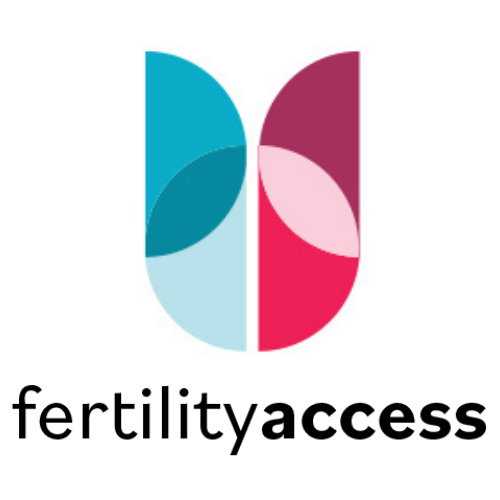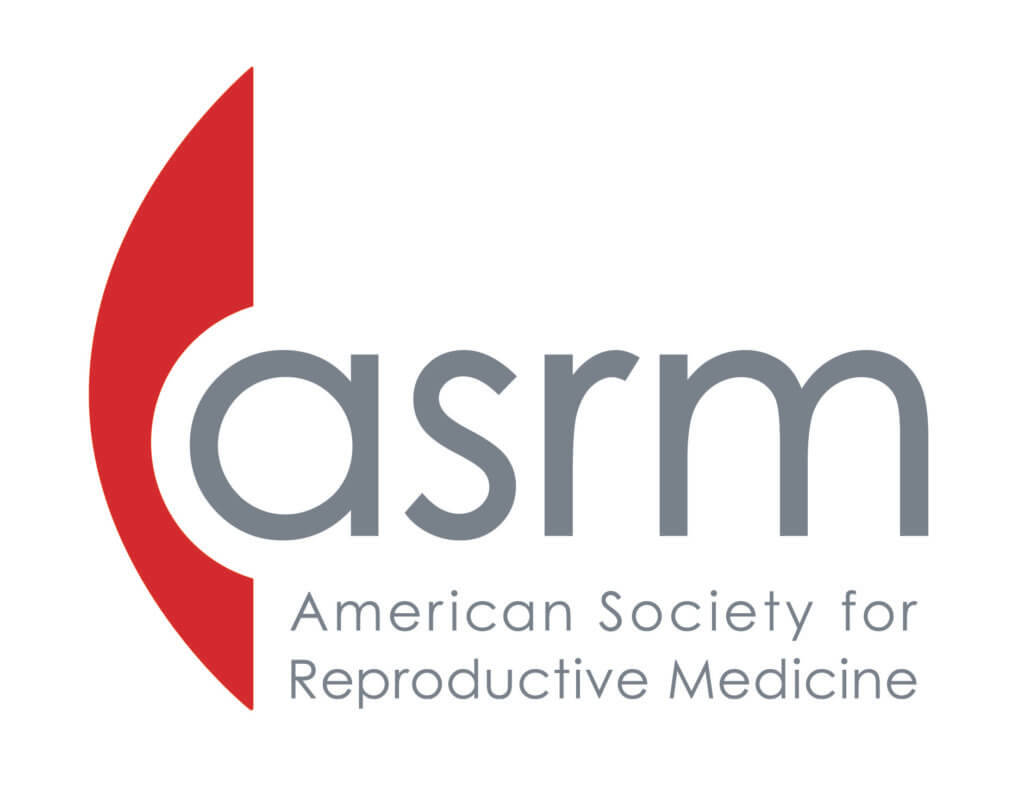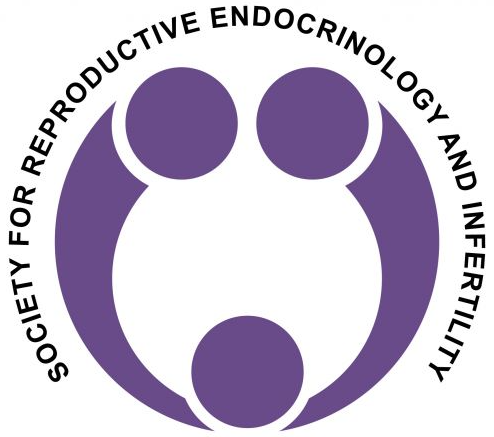At some point in your life you’ve surely heard the old saying that “you are what you eat”. The idea is that by eating foods that are universally agreed to be good for you – such as piles of green vegetables – you will be a healthier person.
Women who have trouble getting and staying pregnant are often willing to try anything to turn their luck around and start a family. This begs the question: does “you are what you eat” apply to fertility? Could the secret to defeating infertility once and for all lie within the types of food you choose to consume?
Maybe.
Some people theorize that the prevalence of pesticides used in the agricultural industry has had an effect on fertility rates. While infertility has been on the rise in many western countries, studies have yet to pinpoint whether pesticides are the direct cause. However, studies have been able to show an association between pesticide use and higher risk of infertility, miscarriage, birth defects, and other complications.
Having established the association, it is safe to say that you have nothing to lose – and possibly much to gain – by choosing foods that are grown without the use of pesticides. That means growing your own fruit and vegetables at home, where you can control all the inputs in the environment, or choosing organic produce when you do your grocery shopping.
What About Your Overall Diet?
Patients often ask about whether certain dietary approaches can impact the success of IVF and other fertility treatments. We’ve had patients on low carb/high fat diets, low fat diets, vegetarian diets, vegan diets, and the standard food pyramid diet.
Every person is unique and responds to nutritional approaches differently. Your overall health can play a role in the success of fertility treatments, which is why we limit the use of IVF to those with a BMI below 35. Ultimately, whatever approach allows you to feel good, have energy, and be healthy is the right approach to take while preparing for or undergoing fertility treatments.
Don’t Forget the Yard
Consumption of produce is the most direct way to be exposed to the potential side effects of pesticides, but there are other sources of exposure in our daily lives. You can further reduce your exposure by eliminating the use of pesticides and herbicides on your lawn and garden, or talk to your lawn service about organic alternatives to their traditional treatments.
Learn More
Call 612-863-5390or complete our quick, convenient new-patient form to schedule an appointment with one of our proven fertility specialists.





